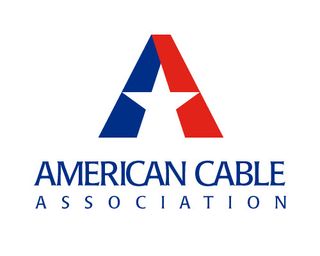ACA: USF Needs Public Interest Fixes

The American Cable Association said a number of the FCC's legacy regs "frustrate the public interest by imposing anti-competitive burdens on smaller operators."
That came in comments to the FCC on its latest biennial review of telecom regulations, which it is charged with reviewing and modifying or jettison ones that are not, or no longer, in the public interest.
ACA is particularly focused on the regulations on implementing the Universal Service Fund, the FCC-administered subsidy for advanced telecommunications.
ACA said smaller operators wind up bearing unnecessary costs and contributing more than their fair share to the fund--telecoms pay into the fund, often passing that cost on to subs in the form of higher monthly bills.
ACA wants the FCC to modify the contribution factor so it would cut down on costs and leave those operators more money to invest and compete against more highly capitalized competitors.
That, says ACA, would bring the rules in line with the public interest.
One argument ACA arguably could make is that it would free up more money for a particularly key investment--building out rural broadband, where ACA's member are on the front lines and which the FCC and Trump Administration says is a priority in an increasingly "internet of everything" world.
Broadcasting & Cable Newsletter
The smarter way to stay on top of broadcasting and cable industry. Sign up below
Contributing editor John Eggerton has been an editor and/or writer on media regulation, legislation and policy for over four decades, including covering the FCC, FTC, Congress, the major media trade associations, and the federal courts. In addition to Multichannel News and Broadcasting + Cable, his work has appeared in Radio World, TV Technology, TV Fax, This Week in Consumer Electronics, Variety and the Encyclopedia Britannica.

